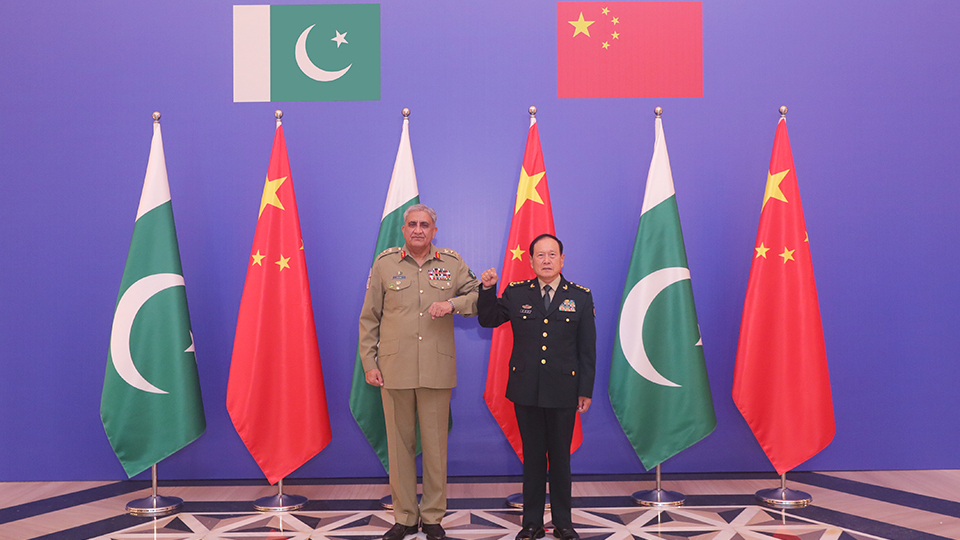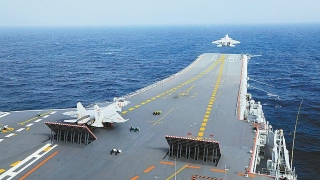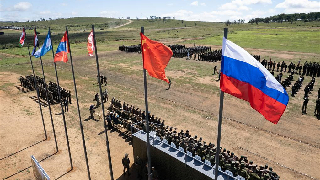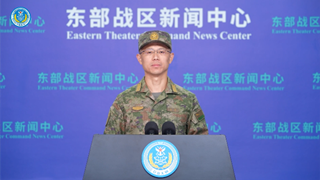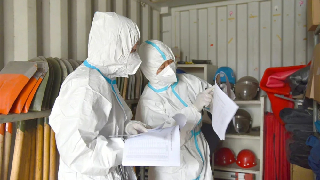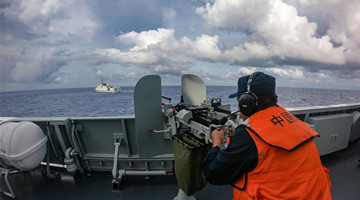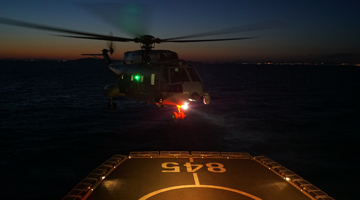
Ahead of the meeting with Pacific Island leaders that US President Joe Biden hosted on Wednesday and Thursday, the White House claimed that the focus of the first US-Pacific Islands Country Summit would be "broadening and deepening cooperation on key issues such as climate change, pandemic response, economic recovery, maritime security, environmental protection, and advancing a free and open Indo-Pacific".
Although it gave climate change pride of place at the head of that list, knowing it is the main concern of the Pacific Island nations, that cannot hide the Biden administration's own motivations for convening the summit, which was advancing its "Indo-Pacific strategy" and re-establishing the primacy of US influence in the region.
Its heightened attention on the region, after decades of neglect, has been triggered by the Solomon Islands signing a security cooperation framework agreement with China earlier this year.
The anxiety the deal has caused the US and its allies was highlighted by Indo-Pacific coordinator Kurt Campbell and Assistant Secretary of State for East Asian and Pacific Affairs Daniel Kritenbrink visiting the Solomon Islands soon after the deal was announced. Australia, which regards the Pacific Islands region as its private backyard, even sent its spy chief Paul Symon.
But as Solomon Islands Prime Minister Manasseh Sogavare told the US delegation, countries in the region don't want to take sides as they are "friends to all and enemies to none".
The US Institute of Peace noted in a commentary published on Monday, US interest in the Pacific Islands is growing because of its concerns about China's "regional ambitions", but the Pacific Island countries want engagement with them "for their own sakes, not only to counter China".
Beijing has repeatedly stressed that it has no regional ambition in the Pacific Islands region, and its engagement with the Pacific Island nations is mutually beneficial cooperation and friendly exchanges. It has also stressed that it is willing to carry out more trilateral cooperation with other countries, especially those with traditional influence in the region, to pool efforts to help Pacific Island countries enhance their capacity to cope with climate change and promote their development.
At the summit, however, Biden was expected to announce a strategy for the Pacific Islands with the aim of excluding China from the region and countering what it views as a Chinese endeavor to establish a military presence in the region.
The likelihood of the US increasing its own military footprint in the region as part of what would be its first strategy for the region has in turn provoked concerns among some of the Pacific Island countries.
Samoan Prime Minister and Foreign Minister Fiame Naomi Mata'afa stressed that it is important to maintain peace in the Pacific region, saying when countries start talking about a region in terms of national defense, it means militarization of the region. "We don't want to encourage this in any way."
The Biden administration should listen to the Pacific Island countries for a change, instead of trying to dictate to them.
